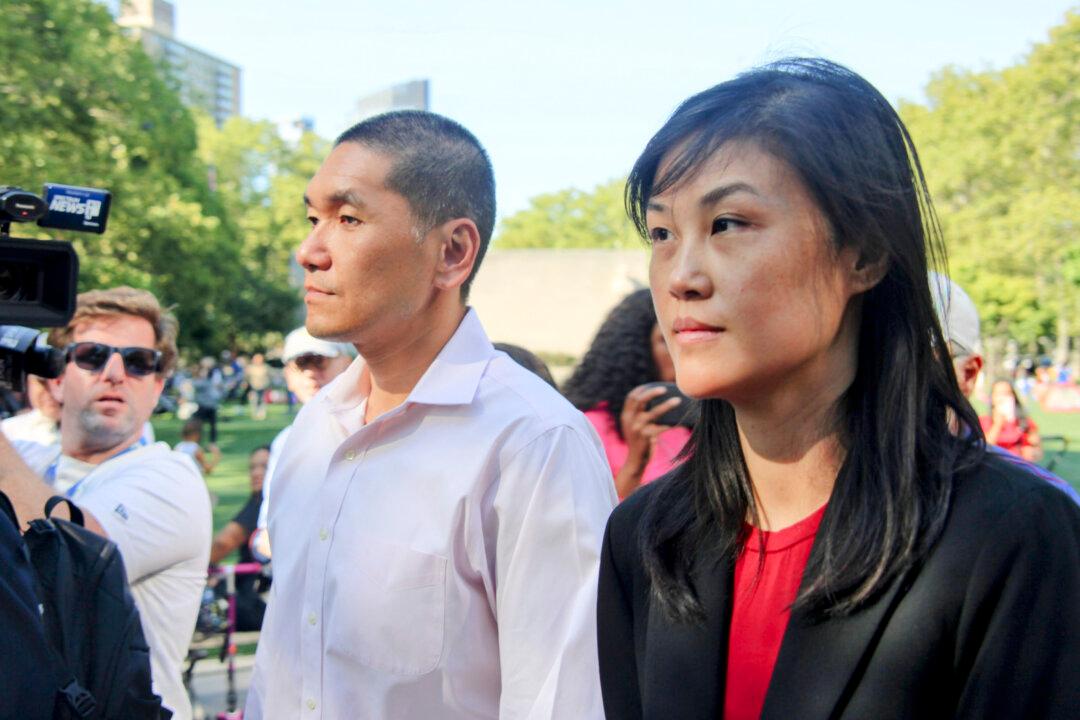The arrest of New York Gov. Kathy Hochul’s former aide Linda Sun this week has shown the vulnerability of state governments in navigating Chinese interference attempts while Beijing is actively targeting them, top intelligence experts say.
Sun worked at the New York State (NYS) government for more than ten years during Gov. Andrew Cuomo and Hochul’s tenures, including as Hochul’s deputy chief of staff. She was arrested and charged on Sept. 3 with violating and conspiring to violate the Foreign Agents Registration Act, visa fraud, alien smuggling, and money laundering conspiracy. Her husband Chris Hu was also arrested and charged with separate offenses.






